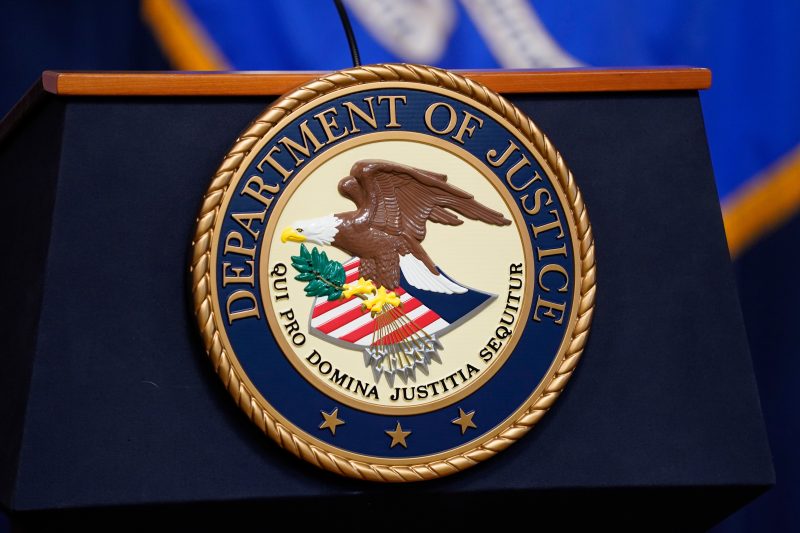In a recent expose by Godzilla Newz, it has been brought to light that gag orders continue to impede the efforts of federal whistleblowers from speaking out about misconduct within government agencies. This issue has serious implications for transparency and accountability in the public sector, as it prevents essential information from reaching the public eye. The report highlights the urgent need for reforms to protect the rights of whistleblowers and ensure that their voices are not silenced by bureaucratic red tape.
The article sheds light on the critical role that whistleblowers play in exposing corruption, fraud, and abuse of power within organizations. By coming forward with evidence of misconduct, these courageous individuals help to hold public officials accountable and promote a culture of transparency and integrity. However, when whistleblowers are subjected to gag orders that prohibit them from speaking out, their ability to fulfill this vital function is severely compromised.
One of the key concerns raised in the report is the lack of effective safeguards in place to protect federal whistleblowers from retaliation. Even though there are laws in existence to shield whistleblowers from retaliation, the presence of gag orders undermines these protections by preventing them from sharing information with the media or other oversight bodies. This creates a chilling effect that discourages whistleblowers from coming forward with valuable information, for fear of facing severe repercussions.
Moreover, the report highlights the broader impact of gag orders on the public interest. By silencing whistleblowers, government agencies are able to cover up instances of wrongdoing and prevent the public from learning about abuses of power that can have far-reaching consequences. This lack of transparency erodes trust in the government and undermines the principles of democracy, as citizens are left in the dark about the actions of their elected representatives.
The article calls for urgent action to address the issue of gag orders and protect the rights of federal whistleblowers. It emphasizes the need for stronger legal protections that prevent agencies from imposing gag orders on individuals who seek to expose misconduct. Additionally, the report advocates for greater oversight and accountability mechanisms to ensure that whistleblowers are able to come forward without fear of reprisal.
In conclusion, the article underscores the importance of upholding the rights of federal whistleblowers and removing barriers that impede their ability to speak out. By addressing the issue of gag orders, we can promote a culture of transparency, accountability, and integrity within government agencies. It is crucial that steps are taken to safeguard the voices of whistleblowers and ensure that their contributions to the public good are valued and protected. The time for action is now.

